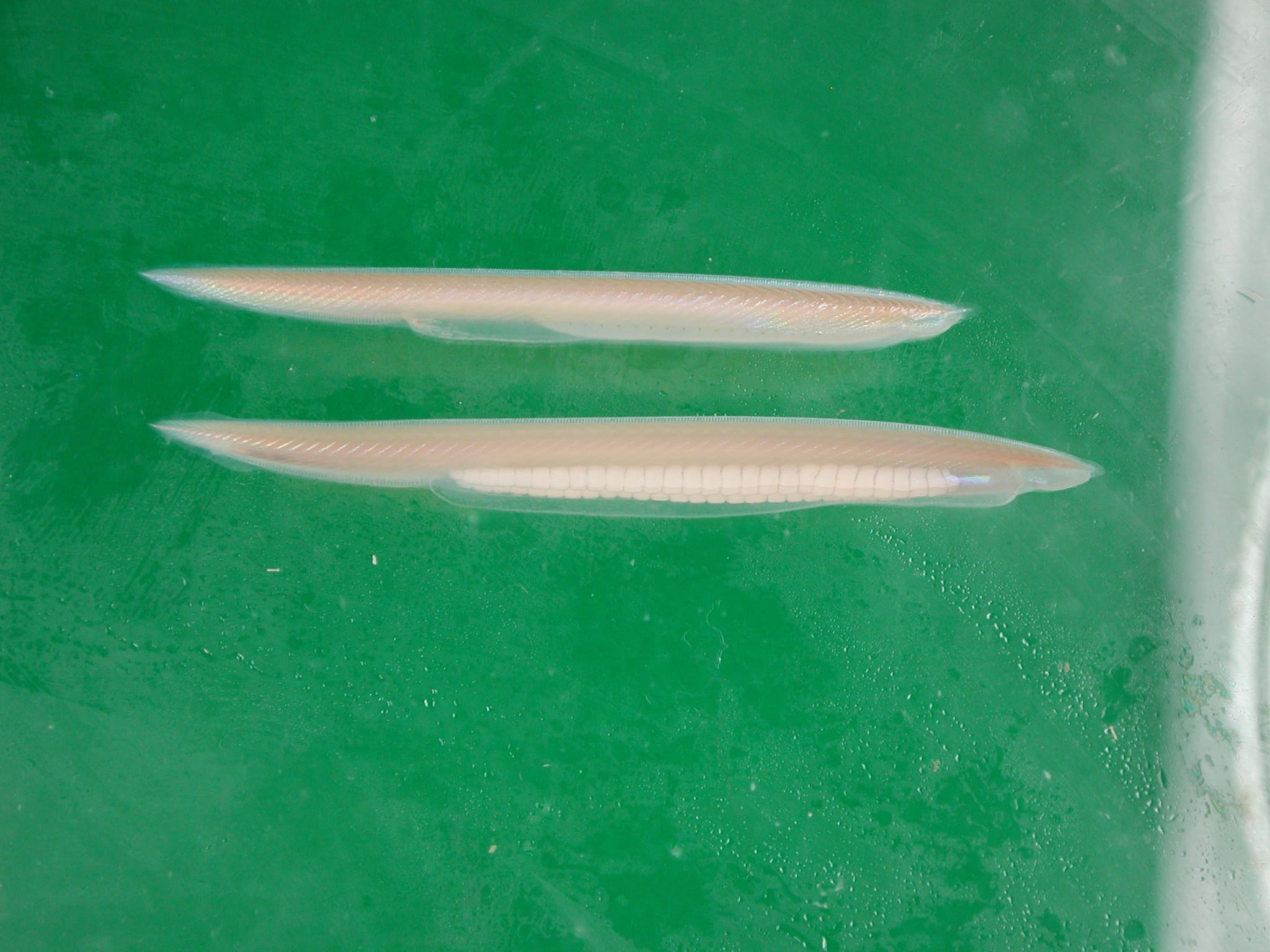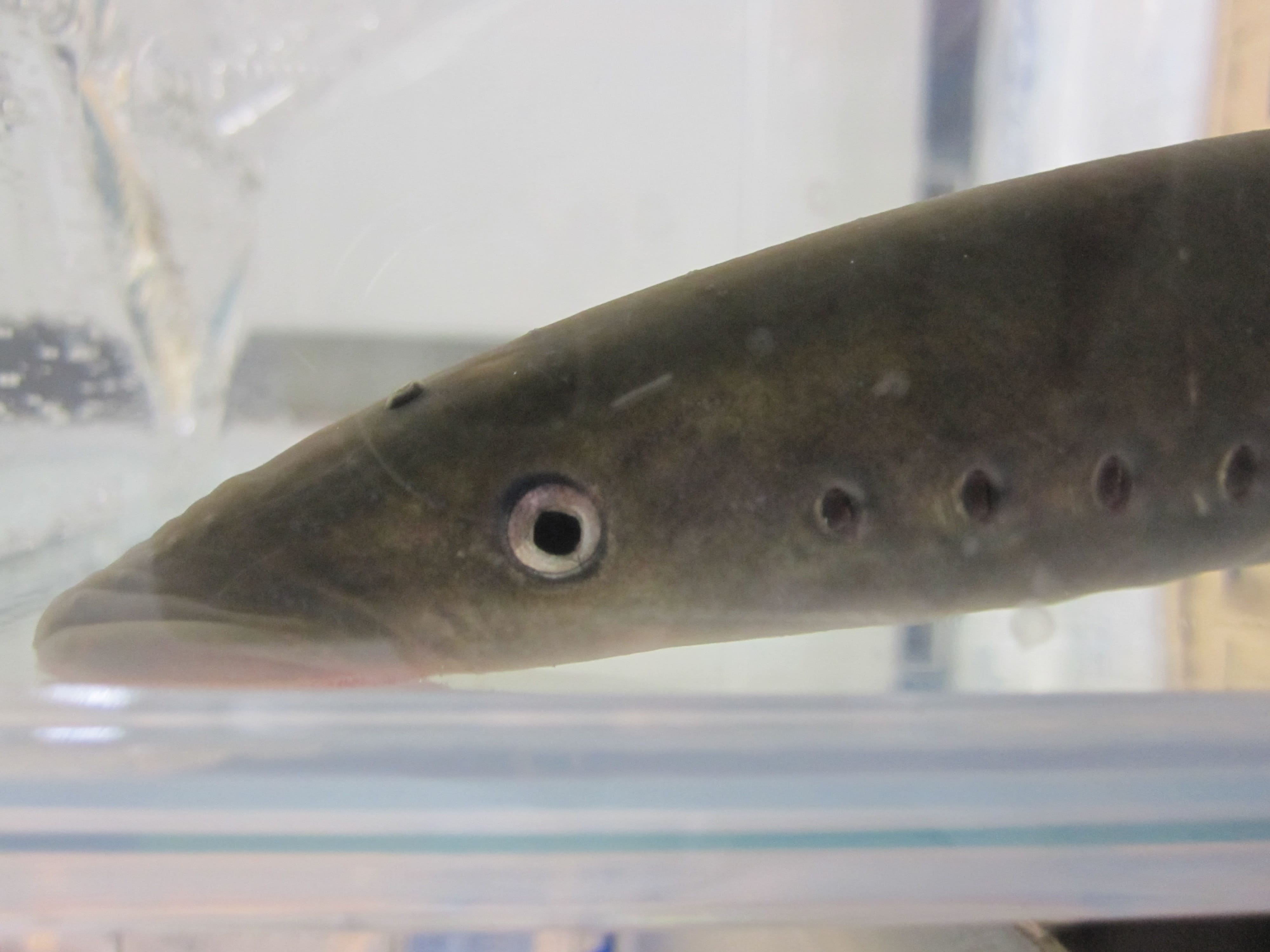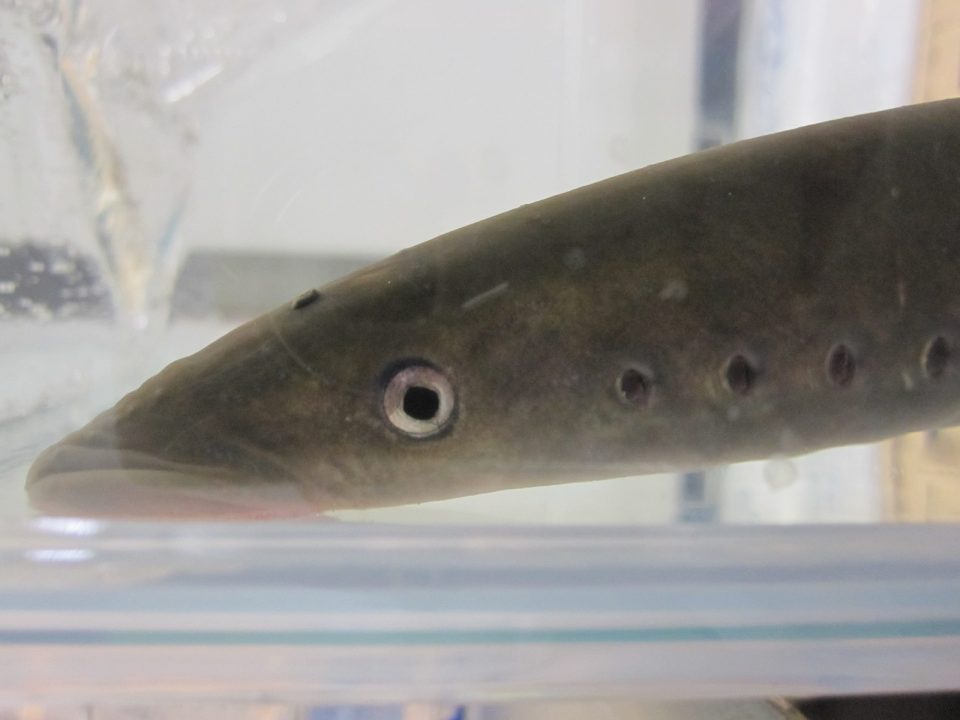KATSU Yoshinao
Professor
Understanding endocrinology
based on animal evolution
Department of Biological Sciences, Reproductive and Developmental Biology

| Theme | Understanding the origins of endocrine mechanism based on comparison of steroid hormone receptors and nuclear receptors isolated from various species |
| Field | Comparative Endocrinology |
| Keyword | Animal, Steroid hormone, Steroid hormone receptor, Nuclear receptor, Molecular evolution |
Introduction of Research
How did the regulatory mechanism of life activity by endocrine appear in the process of evolution? We aim to elucidate the whole picture of establishment of endocrine control mechanism.
Animals produce eggs and spermatozoa in reproductive organs and leave descendants. Sex hormones such as estrogen (female sex hormone) and androgen (male hormone) play an important role in the development of the reproductive organs, sexual differentiation and reproductive behavior. Furthermore, steroid hormones, glucocorticoid and mineralocorticoid secreted from the adrenal cortex are related to maintenance of homeostasis and stress response of the living animals. These are fat-soluble small molecule, which bind physiologically with steroid hormone receptors, a family of nuclear receptors.
Steroid hormone receptors are transcription factors that recognize certain gene sequences and control transcription in a hormone-dependent manner. We are cloning hormone receptor genes from various species. And we are conducting research to understand the fundamentals of the molecular evolution of steroid hormone receptor. In addition, we are investigating the interaction between receptor and hormone by molecular simulation analysis. Abnormalities in steroid hormone receptors cause various endocrine disorders. We hope that our research will lead to the elucidation of the mechanism of action of endocrine disorders by steroid hormone receptors, and will also lead to the development of drug discovery for endocrine disorders involving steroid hormone receptors.
Representative Achievements







